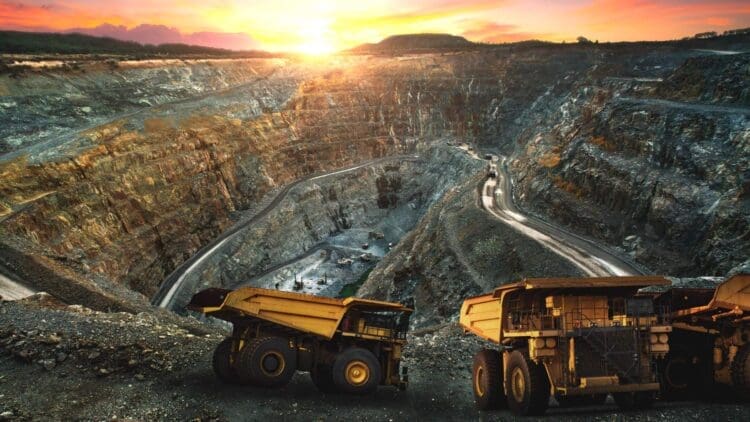The nation of Romania is currently negotiating with the European Union to extend the planned retirement of 2.6 GW of coal generation by at least five years. Romania is an exceedingly small player in the global energy sector and requires significant support from the European Union. The country’s Energy Minister noted in a recent statement that his nation is currently negotiating with the EU to get an extension to the planned retirement of a crucial energy generation site that makes use of coal.
Romania relies on a myriad of energy generation sectors to provide its residents with electricity
For a country that has spent the best part of the last few decades embroiled in local conflicts, energy capacity is a major concern for the government. Romania does not rely on a single source to meet its energy demands; instead, it makes use of a variety of energy resources, namely gas, coal, hydro, nuclear, and renewables.
However, Romania still relies heavily on the coal sector to meet the majority of those energy demands. Coal is the most established form of energy production in the country, due to a lack of investment in other sectors. The Minister has stated that Romania has approached the EU asking for an extension to the planned retirement of a massive coal plant that is essential to the nation’s power requirements until they can begin operations in other sectors.
The most promising alternative energy resource Romania is exploring is the gas sector. The Minister underscored the nation’s plans to invest in the sector.
“Right now we are having fairly intense negotiations to postpone the deadline by at least five years, a realistic deadline for when we will connect new gas-fired energy units,” – Romanian Energy Minister Bogdan Ivan
Romania needs more time to transition towards alternative energy sectors
The fact that the Romanian Minister has asked the EU for an extension points to the slow progress that the nation has made in adopting new and more sustainable forms of energy generation.
A private developer, MAS Group Holding, is building a 1.7 GW steam and gas power plant in central Romania that will replace outdated hard coal-fired generation. By making use of the integral EU funds, Romania is expected to add 12.96 GW worth of new gas, nuclear, wind, and solar power units by 2032. But that will take time to achieve.
A huge offshore gas project due to come online in 2027 will change Romania into a net gas exporter, shifting the focus to alternative energy solutions. Romania already produces about 90% of its required gas locally through a variety of companies, including but not limited to state producer Romgaz, oil and gas group OMV Petrom, and Black Sea Oil & Gas (BSOG).
The Energy Information Agency has reported that several countries are still heavily reliant on coal to meet their energy demands, and the Minister outlined the negotiations currently taking place between Romania and the EU.
“Right now we are having fairly intense negotiations to postpone the deadline by at least five years, a realistic deadline for when we will connect new gas-fired energy units,” – Romanian Energy Minister Bogdan Ivan
The world is fast approaching a future where coal power is a distant memory
Coal power will remain a part of the energy sector for years to come; however, the reliance on the energy that coal produces is slowly coming to an end. Especially if countries like Romania can complete the transition to alternative fuels. Power demand is on the rise globally, and Romania will ask the European Union to allow the nation to rely on the coal sector for the time being while it completes the transition to gas and other forms of energy generation. Time will tell whether the EU allows Romania to continue relying on coal for now.





